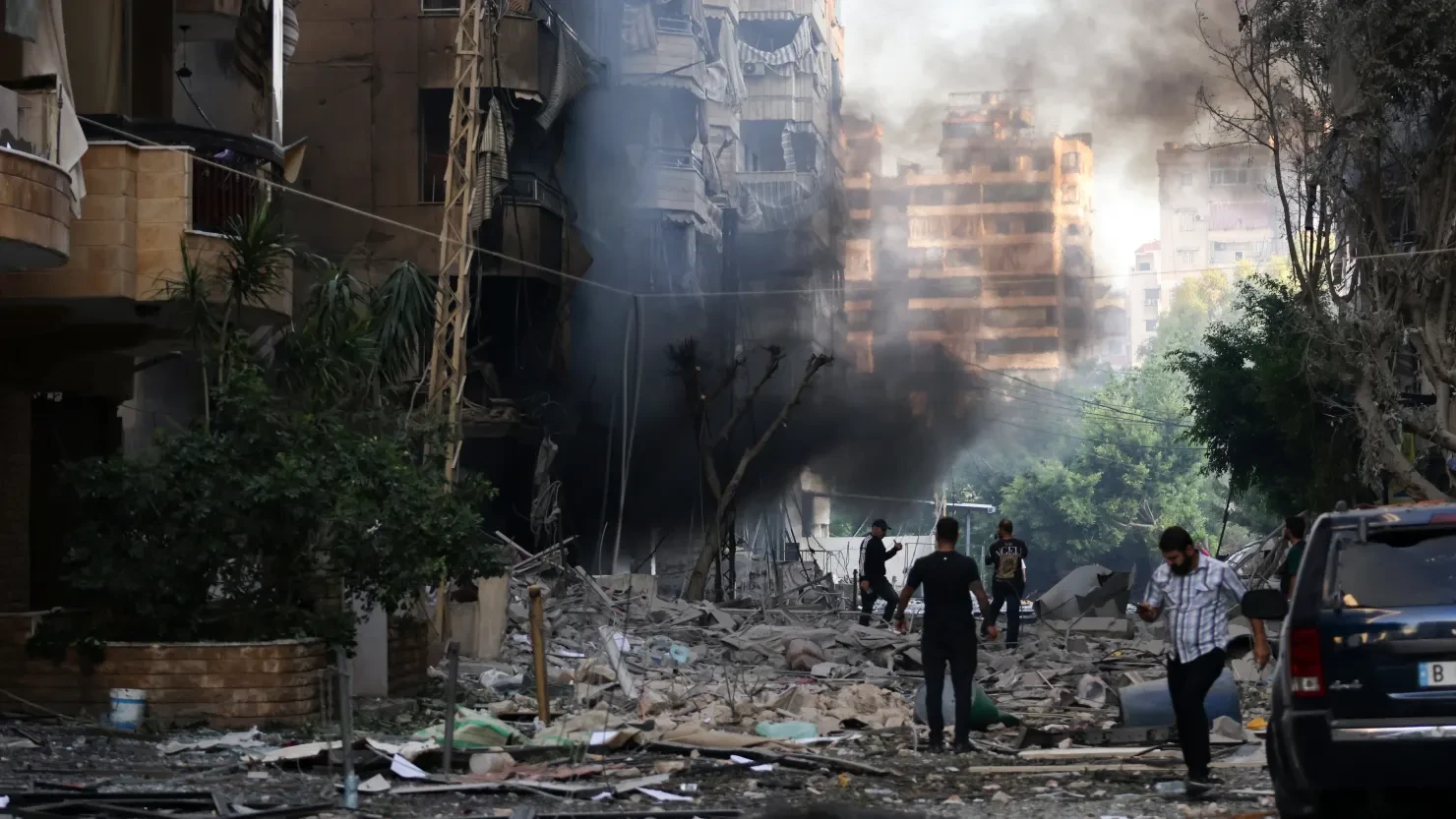The rocket attack on Israel on October 1 and the possibility of an Israeli response have thrown the Middle East into uncertainty. Most flights to and from airports in the Middle East have been canceled, and many countries have urged their citizens to leave Lebanon.

According to a report by Israeli state media on October 4, Israel determined that Hashem Safieddine - a Lebanese Shia Muslim cleric considered the successor to Hezbollah leader Hassan Nasrallah - was killed in airstrikes in Beirut.
Public radio station Kan TV quoted senior Israeli government officials as saying that Safieddine was in an underground facility that Israel bombed on October 3 with a bunker-buster bomb that specifically targeted him.
These officials said it was unlikely Safieddine survived the attack.
However, neither Israel nor Hezbollah have made any official statements regarding Safieddine's status.
Safieddine, 60, is Nasrallah's cousin and was tipped to succeed Nasrallah as leader of the Lebanese political party and armed group after Nasrallah was killed in previous Israeli air strikes in Beirut.
The Israeli military is conducting Operation Northern Arrows in Lebanon, in which the Israeli air force has carried out intense airstrikes on Hezbollah targets across the northern neighbor.
As airstrikes on targets in Lebanon continue, many commercial flights to and from airports in the Middle East have been canceled.
Emirates, a Dubai-based airline in the United Arab Emirates (UAE), said it was suspending all flights to and from Iraq (Basra and Baghdad), Iran (Tehran) and Jordan (Amman) on October 4-5.
Meanwhile, most international flights to and from Lebanon have been suspended. Lebanon's national carrier Middle East Airlines is the only airline still operating some flights from Beirut, as many countries, including Britain, France and Ireland, are urging their citizens to leave Lebanon.
Most recently, the Egyptian Embassy in Lebanon announced on October 4 that it had arranged a special flight for citizens residing in Lebanon who want to return to Egypt. The flight is scheduled to depart from Beirut-Rafic Hariri International Airport to Cairo International Airport on October 5.
Earlier on September 30, the European Commission and the European Union Aviation Safety Agency (EASA) issued a bulletin on the conflict area, and recommended that airlines avoid operating in the airspace of Lebanon and Israel "at all flight levels".
In a related development, the US State Department said on October 4 that the country will provide nearly $157 million in new humanitarian aid to support people affected by conflict in Lebanon and the region.
This funding will address the new and ongoing needs of internally displaced persons and refugee populations within Lebanon and the communities hosting them. It will also support those fleeing to neighboring Syria.
Earlier, Lebanon's NNA news agency said a plane carrying 55 tons of aid and medical supplies had arrived in the country.
This is an aid delivery effort jointly implemented by the World Health Organization (WHO) and the Office of the United Nations High Commissioner for Human Rights (UNHCR).
“The UN agencies are committed to supporting Lebanon and its people, and providing measures to help alleviate the pressure on the most vulnerable in Lebanon,” said WHO representative in Lebanon, Abdel Nasser Abu Bakr.
Meanwhile, UNHCR representative in Lebanon - Mr. Ivo Freijsen affirmed: "We want to show our solidarity with Lebanon through our work to provide necessary support and we call on all donors to respond quickly."
According to NNA, Italy has also provided 17 million euros (about 18.65 million USD) to support civilians affected by the ongoing humanitarian crisis in Lebanon. The UK is increasing its humanitarian assistance to Lebanon with an additional 10 million pounds (about 13.12 million USD).
Among those affected, children are the hardest hit by the conflict, which has escalated significantly between Israel and Hezbollah across Lebanon these days.
TB